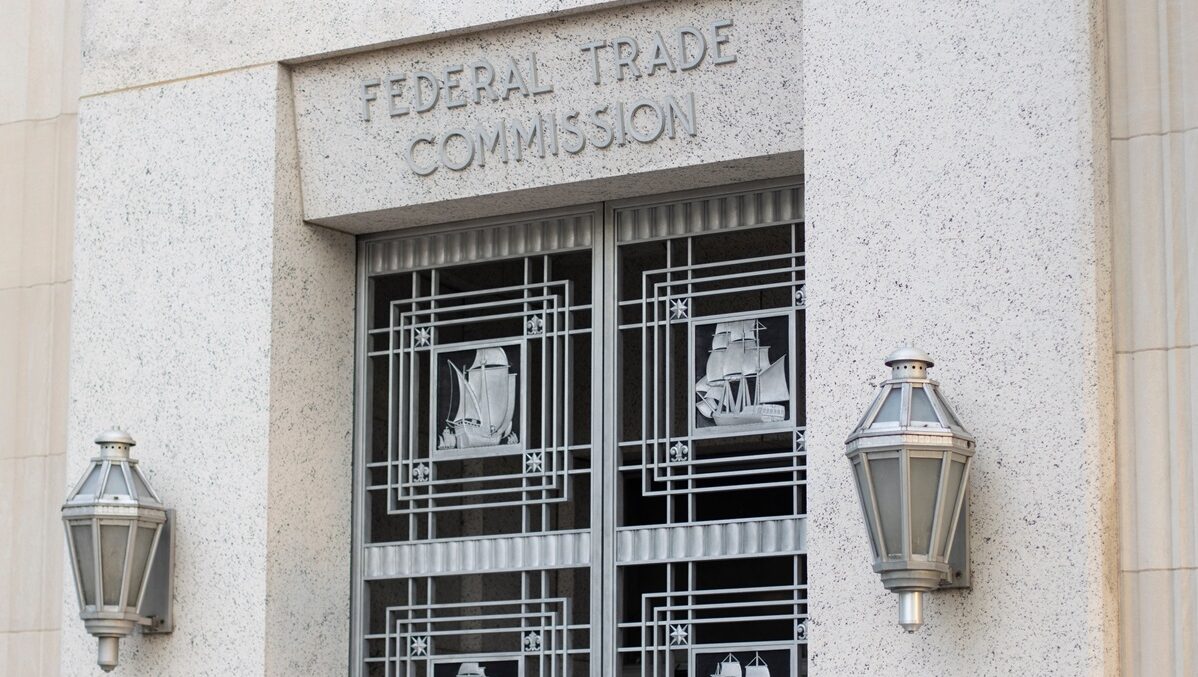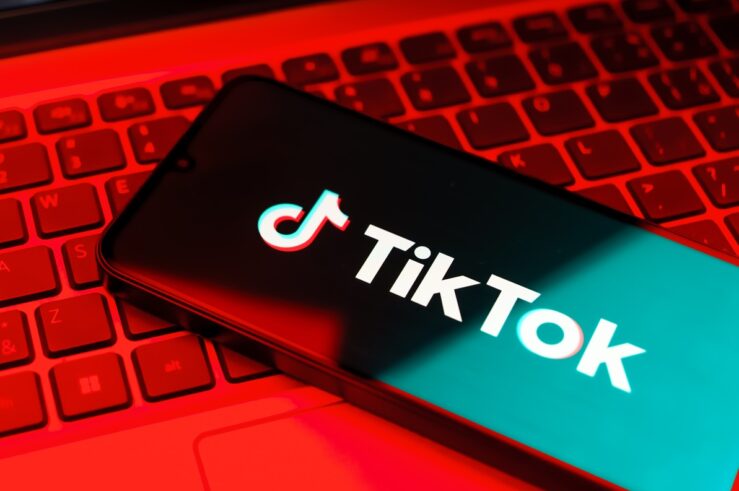
President-elect Donald Trump’s new “Department of Government Efficiency” has been tasked with providing advice and guidance on reducing government waste and restructuring federal agencies. One act of restructuring that may warrant consideration would involve consolidating all federal antitrust enforcement within the U.S. Justice Department (DOJ). There are strong arguments that this would reduce waste. In addition, there are reasons to believe that this change would eliminate costly business uncertainty and enhance the global posture of the U.S. government in promoting strong and consistent competition policy.
Current Federal Antitrust Enforcement
At present, federal antitrust-enforcement responsibilities are shared by the DOJ and the Federal Trade Commission (FTC), which also enforces consumer-protection law. This dual jurisdiction is due to a historical quirk.
The DOJ enforces the Sherman Antitrust Act of 1890 (which forbids monopolization and unreasonable restraints of trade) and the Clayton Act of 1914 (which forbids certain contractual and pricing arrangements and prohibits mergers that threaten to substantially lessen competition). The DOJ can impose criminal as well as civil penalties, including fines and jail time, under the Sherman Act. The Clayton Act is enforced civilly.
The Federal Trade Commission Act of 1914 created an independent five-member agency empowered to order that businesses cease and desist from engaging in “unfair methods of competition.”
- Congress subsequently extended the FTC’s cease-and-desist authority to consumer protection, authorizing it to combat “unfair or deceptive acts or practices.”
- Congress later authorized the FTC to enact consumer-protection rules. The commission may collect fines for violations of final consumer protection orders or rules.
- Furthermore, Congress directed that the FTC could also enforce the Clayton Act, but not the Sherman Act.
- Courts have held that the FTC’s “unfair methods of competition” authority covers all behavior that violates the Sherman Act, plus some additional competitive harms (which are not clearly defined).
- Significantly, Congress curtailed the president’s ability to oversee the FTC’s actions by providing that FTC commissioners can only be removed “for cause.” In contrast, the president can terminate core executive-branch appointees for any reason.
- Congress also limited the president by providing staggered seven-year statutory terms for FTC commissioners and by requiring that no more than three commissioners may be of the same political party.
Problems of Dual Antitrust Enforcement
The United States’ dual federal antitrust-enforcement system raises multiple problems, and no longer can be justified as sound public policy.
Deciding which agency will handle an antitrust-enforcement matter causes wasteful delays, legal inconsistencies, uncertainty for business, and tension with the rule of law
- The two agencies too often fight over who will handle a proposed merger, creating significant initial delays in merger review. The costly nature of the clearance process was delineated in testimony by former FTC Chairman Timothy Muris before the bipartisan Antitrust Modernization Commission. The U.S. Governement Accountability Office (GAO) found in 2023 that contested clearances are infrequent, but this was based on formal decisions escalated to agency leadership, and did not account for serious staff-level delays.
- The statutory language for obtaining a federal court injunction differs between the DOJ and the FTC, potentially requiring a lower burden of proof for the FTC than for the DOJ.
- The FTC and DOJ at times have adopted different approaches to clearing routine mergers and devising potential merger remedies, among other sources of divergence in merger-enforcement practice.
- A recent academic study by Daniel Sokol and several economists analyzed antitrust practitioners’ assessment of recent FTC and DOJ merger enforcement. It found that the FTC and the DOJ “are perceived as less transparent and less fair in their interactions with merging parties” and that “the enforcement process . . . is reported to take longer to complete.”
- The FTC can bring cases in an internal administrative tribunal, with the defendant almost always losing (subject to review by a federal appeals court), as documented in Keith Klovers’ 2023 Antitrust Law Journal study. The DOJ, in contrast, must litigate all cases in a federal trial court. This inconsistency treats defendant firms unequally and is thus in tension with the rule of law.
- A 2023 U.S. Supreme Court decision authorizing federal district court constitutional challenges to FTC administrative processes raises additional doubts about the value of FTC in-house antitrust trials.
- The FTC and DOJ have delayed issuing joint enforcement guidance—sometimes taking years to resolve differences—to the detriment of business planners (for example, this was the case with the 2007 DOJ-FTC report on antitrust and intellectual property).
Major antitrust-related policy differences between the agencies undermine the consistency and predictability of federal antitrust enforcement
- Jan Broulik discussed the problems stemming from a lack of predictability in a 2024 Oxford Journal of Antitrust Enforcement article.
- The FTC and the DOJ have sometimes pursued significantly different enforcement policies on key antitrust questions.
- Because of the FTC’s independence, the president has in key instances been unable to settle those differences.
- During the first Trump administration, for example, the DOJ Antitrust Division enunciated a position promoting strong intellectual property rights that was at odds with a more critical FTC approach to IP.
- The FTC (due to commissioner recusals) continued to pursue an antitrust challenge to Qualcomm’s patent-licensing practices, over the opposition of the DOJ (the FTC eventually lost before a federal appeals court).
- In November 2022, the FTC issued a policy statement suggesting that it could challenge as an “unfair method of competition” virtually “any business conduct it finds distasteful.” This arbitrary and unprecedented anti-business approach offends the rule of law.
- In April 2024, the FTC enacted a “competition rule” that would eliminate almost all noncompete contracts between employers and employees. This legally dubious claim of regulatory authority over a common business practice is widely viewed as at odds with the tradition of case-by-case antitrust litigation. It creates an enormous chasm between FTC and DOJ antitrust-enforcement practices. Virtually all legal scholars surveyed by Daniel Crane in a Yale Journal of Regulation article believed that the rule ultimately would be struck down.
- Such differences prevent the U.S. government from speaking with one voice internationally and undermine the president’s constitutional authority over the conduct of foreign affairs.
- They also compound the uncertainty firms face when considering business plans that may be viewed differently by the two agencies.
Prior justifications for the dual-enforcement system have been seriously called into question
- The claim that special FTC expertise justifies allowing it to develop “pioneering” antitrust cases through internal adjudication appears unconvincing, given recent judicial skepticism regarding this role.
- An academic analysis by the University of Michigan’s Daniel Crane concludes that the FTC is “not uniquely expert.” Moreover, far from having special quasi-legislative or quasi-judicial features, it is merely an enforcement agency that is independent from the president. This is at odds with our constitutional structure, which views federal law enforcement as a core presidential responsibility.
- Leading commentators, including three members of the bipartisan 2007 Antitrust Modernization Commission, have called for a transfer of antitrust functions from the FTC to the DOJ.
- Very recently, retired federal Judge Susan Braden explained that transfer of those functions would enhance efficiency, stressing that “there is no rational justification for American taxpayers to continue to fund two separate federal entities and bureaucracies to enforce antitrust and competition laws.”
Moving Forward on Consolidation
A transfer of the FTC’s antitrust authorities would be easy logistically. The FTC’s Bureau of Competition, which houses antitrust enforcers, could be shipped to the DOJ’s Antitrust Division, along with those FTC economists who work on antitrust. Melding FTC lawyers and economists into the Antitrust Division would probably not create problems, given the similar training and experience of professionals in the two agencies.
The FTC could retain its lawyers and economists who work on consumer protection. Remaining FTC economists could also perhaps be assigned to carry out independent policy research on markets, which could profitably be considered by the executive branch.
Required statutory tweaks, such as elimination of the FTC’s “unfair methods of competition” power, would be straightforward. U.S. Senate and House versions of the “One Agency Act” (draft bills that would accomplish consolidation) are “in the can” and could quickly be finalized for consideration by Congress. Republican House and Senate counsel recently indicated that the prospects for passage would be favorable.
In short, a strong case can be made for congressional consolidation of federal antitrust enforcement within the DOJ. Robust evidence supports the proposition that such a change would benefit consumers and the private sector, and strengthen international economic policy leadership by the United States.




